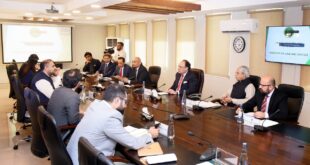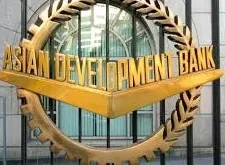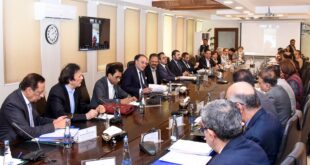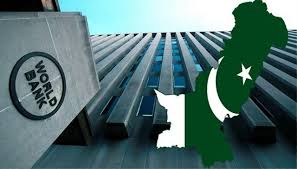
Aftab Maken
A visiting World Bank team met separately with Federal Ministers for Petroleum and Power in their offices on Thursday to discuss ongoing reforms in Pakistan’s energy sector, privatization efforts, and opportunities for long-term collaboration.
Federal Minister for Energy, Sardar Awais Ahmed Khan, held a significant meeting with a high-level delegation from the World Bank, led by Pankaj Gupta, the World Bank’s Regional Director for Infrastructure. According to an official statement issued by the Ministry, the discussion focused on reforms in the energy sector, privatization initiatives, and prospects for sustainable collaboration.
Welcoming the delegation, the Minister expressed gratitude to the World Bank for its longstanding support in Pakistan’s energy sector. He highlighted the substantial challenges the country continues to face in its energy infrastructure.
The Federal Minister stated that the government is actively promoting public-private partnerships to leverage both investment and technical expertise. He emphasized that the government is currently at a critical stage in the privatization of distribution companies. “Our aim is to meet the energy needs of future generations in a cost-effective and sustainable manner. For this, we must make difficult but necessary decisions,” he remarked.
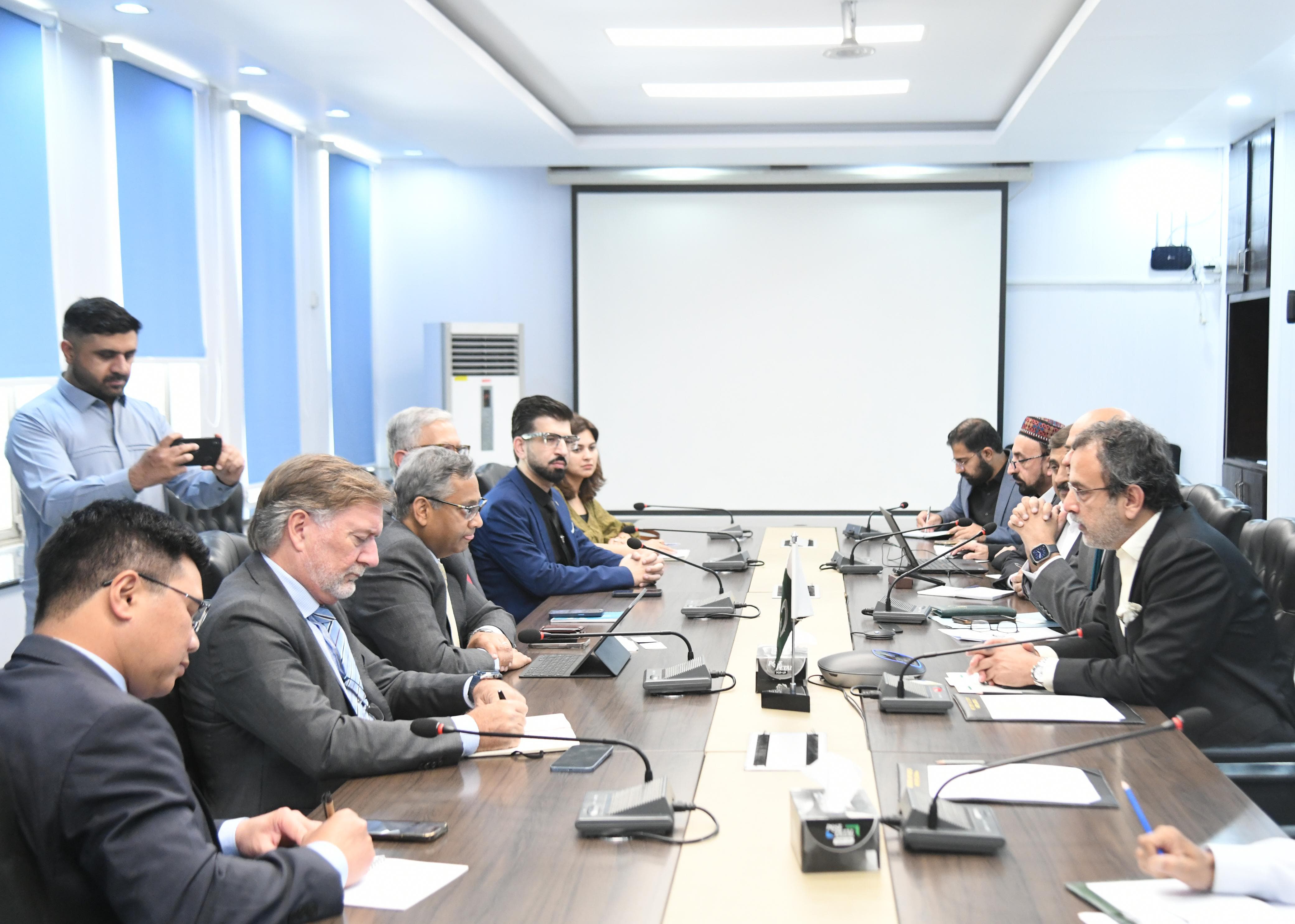
Further elaborating on government initiatives, the Minister explained that upon assuming office, electricity pricing was a pressing concern. Under the Prime Minister’s directive, a comprehensive strategy was implemented to reduce reliance on furnace oil and imported fuels. He noted that grid stability and improved performance of distribution companies have been prioritized. The government is also revisiting its net metering and solar energy policies to align them with present needs.
Pankaj Gupta shared that his engagement with Pakistan’s energy sector dates back to 1995. He emphasized that energy remains one of the World Bank’s top priorities and acknowledged Pakistan’s impressive potential for renewable hydropower, particularly through the Indus River system. He pointed to successful partnerships on projects such as Ghazi Barotha and Tarbela and reaffirmed the Bank’s commitment to continued collaboration.
Mr. Gupta stated that the World Bank seeks to develop a comprehensive, long-term plan with Pakistan’s power sector, aligning it with the Bank’s ten-year strategic framework for the country. He stressed the importance of utilizing models like the Integrated Generation Capacity Expansion Plan (IGCEP) and Integrated Energy Planning (IEP) to accurately forecast energy demand and resource availability.
He added that selecting appropriate projects, ensuring proper location, and maintaining affordability are all essential components. The World Bank supports the involvement of NTDC in the planning process and believes that the transmission system should remain in the public sector until it is fully prepared for privatization. He expressed confidence that the 40-year partnership between Pakistan and the World Bank would continue to grow stronger, particularly in the transmission sector.
During the meeting, both sides agreed to jointly develop a long-term partnership plan with NTDC to advance reforms and attract sustainable investment in Pakistan’s energy sector.
Meanwhile, Minister for Petroleum, Ali Pervaiz Malik, also held a pivotal meeting with Pankaj Gupta to discuss strategic partnerships and technical support for Pakistan’s energy sector. The high-level meeting focused on enhancing sustainable energy development, improving infrastructure, and addressing critical challenges in the oil and gas sectors.
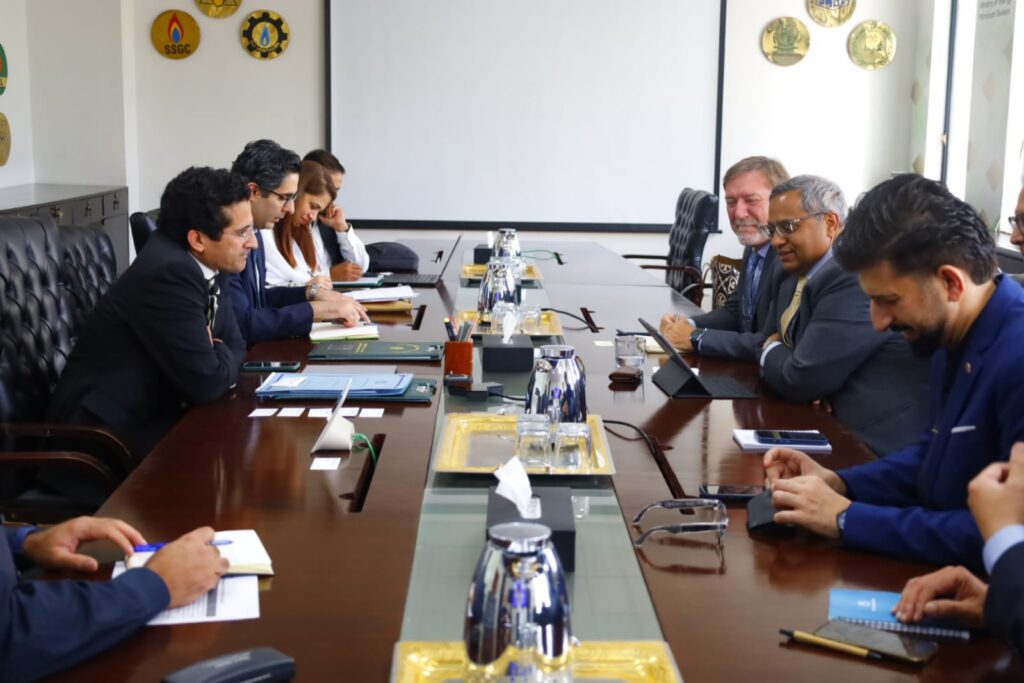
During the discussion, Minister Malik reiterated the government’s commitment to modernizing Pakistan’s energy landscape, ensuring energy security, and promoting clean energy initiatives. He emphasized the importance of international collaboration and investment to improve the country’s energy efficiency and added that the government is actively working on integrated energy planning.
Mr. Gupta reaffirmed the World Bank’s dedication to supporting Pakistan’s energy reforms and expressed optimism regarding future cooperation. He acknowledged the progress made by the government and discussed potential technical assistance programs to further strengthen the sector.
Minister Malik thanked the World Bank for its continued partnership and stressed the importance of such engagements in achieving Pakistan’s long-term energy goals. Both parties agreed to maintain close coordination on future projects aimed at fostering economic growth and energy sustainability.
The meetings were attended by senior officials from the Ministry of Petroleum and representatives from the World Bank.
 BeNewz
BeNewz

